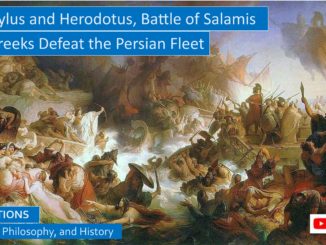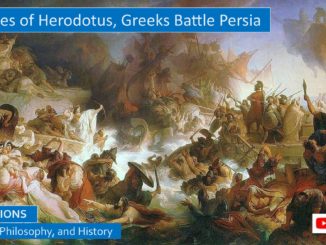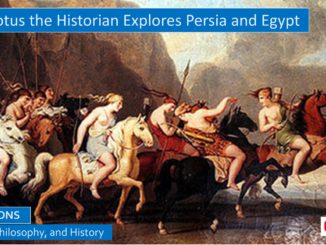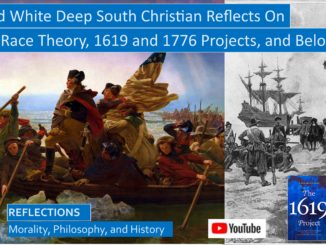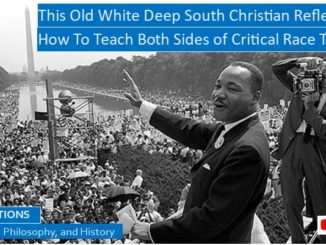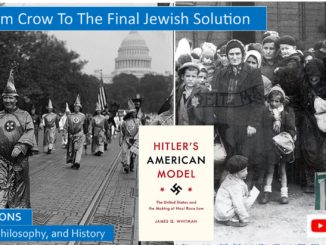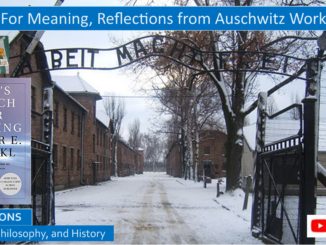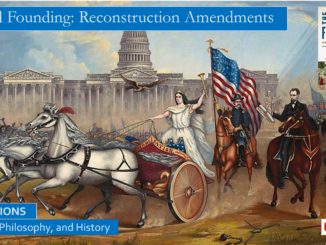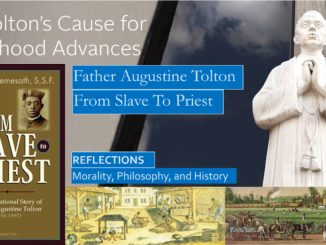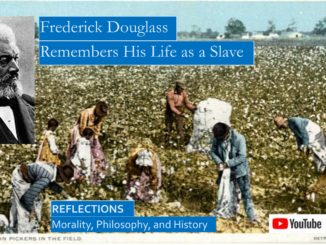Most books progress, with many chapters, each chapter tell different events, or different people, or different phases of life, usually progressing in some manner. But the story in Viktor Frankl’s account of life in the Nazi concentration camps during World War II is one long dreary struggle for survival, unrelieved misery, each day running into the next, no weekends, for a precious few a monotonous few years until the war ended, for some many, many months of misery, for most, for nine out of ten Jews, they had left only days before they stripped for showers not of streams of life-giving water but showers spewing noxious fumes into gas chambers.
Viktor Frankl was one of the few of the ten percent whose first shower in Auschwitz sprayed life giving water over their naked bodies, one of the few who survived years of what was the most brutal slave society the world had ever seen, where formerly free men and women were torn away from their families, whose luggage and their jewelry and clothes were taken, even their hair shorn from them. The Nazis even strove to steal from them their humanity, taking away their names, tattooing on their wrists the numbers they would be their new identity. […]
